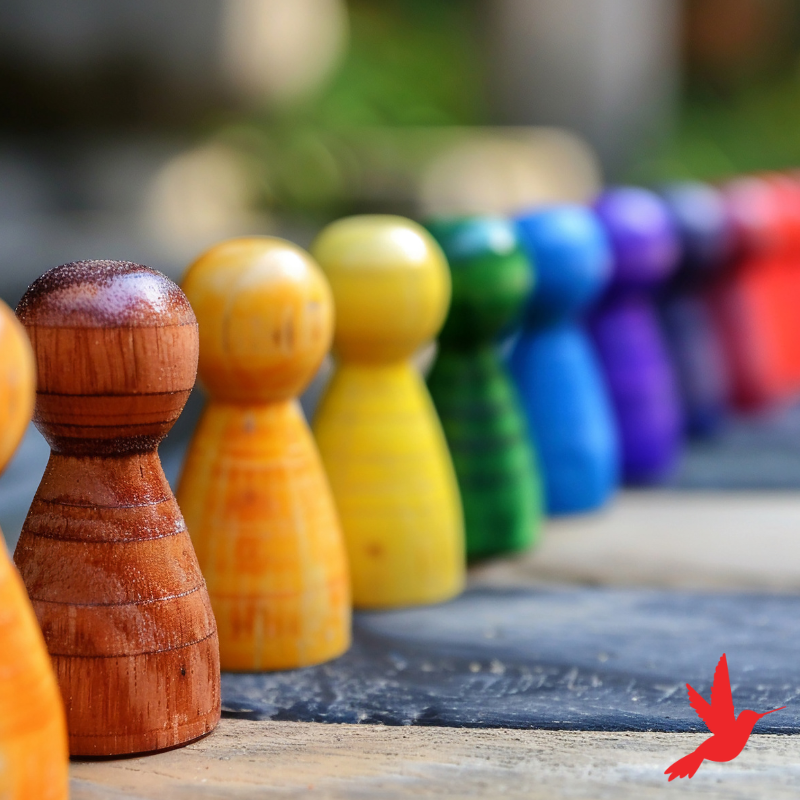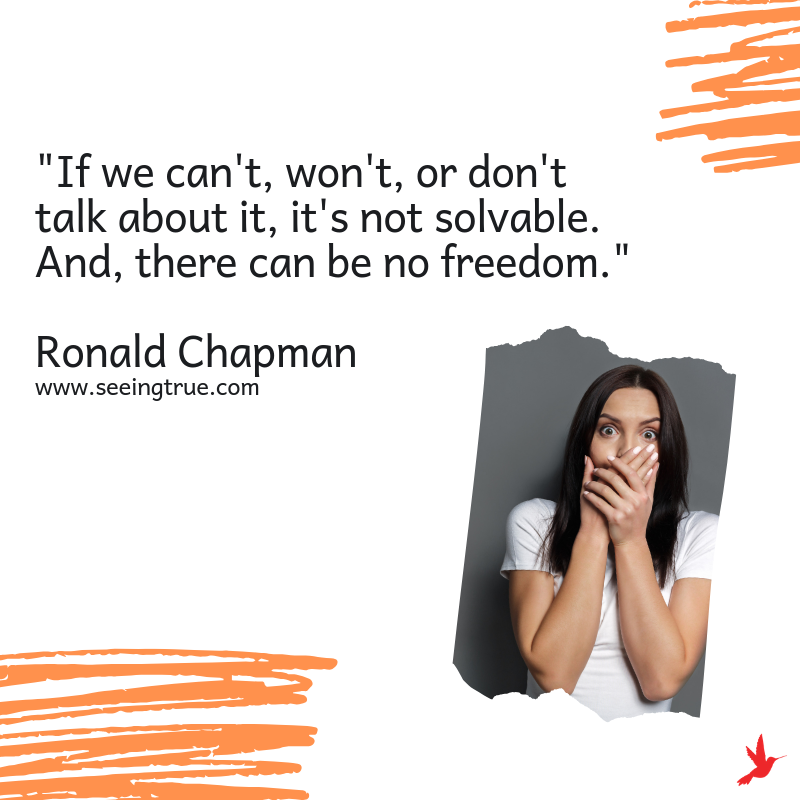Making It Right
/Aligning Ourselves
I harmed someone recently. It was inadvertent and unintended, yet they were still injured as a result of my actions—and some inaction. It’s not clear how badly they’ve been hurt, though my role in it is significant enough that I cannot ignore it or pretend it away.
In the end, each of us is responsible to our own soul to be reconciled with the entirety of our journey—and all the effects of it.
Certainly, this is nothing but a common human story. No matter how hard we try to only contribute positively to others and the world, we inevitably fail, sometimes egregiously.
It has thrown me back into a deep exploration of what the recovery community calls "making amends"—seeking to make things right, and more importantly, aspiring to be changed for the better by the experience.
The first cardinal principle is that once we see we’ve harmed someone, any actions we take cannot cause further harm. If we can’t make it right without further injury, then we must find another way to move toward reconciliation. Honestly, I used to hate what I now recognize as the “easy ones”—where a sincere apology or some kind of restitution or restorative action would suffice. I’ve never liked admitting when I fall short, which I suppose is pretty common. That said, I now understand how much it contributes to my growth, so I’m able to make these kinds of amends more easily. I still don’t enjoy it, though. There’s something deeply uncomfortable about seeing my mistakes in the full light of day.
Right now, I believe this particular misstep will require a more enduring amend. First, I’ve committed to never allowing this specific mistake to happen again—with anyone. That’s a living amend. It's already bearing fruit, though future failings may still arise.
Yet the harder part is letting the person be. For now, I see no way to engage that wouldn’t cause further harm. So for now, I must sit with my awareness. For now, I must own my discomfort. I’ll need to speak about it in detail with someone who can hold it close. The admission—just like this public disclosure—is a powerful part of the reconciliation that leads to healing.
Will I someday be able to make it right? There’s no way of knowing. It’s not uncommon in recovery circles to hear of someone holding an amend for decades. Then again, sometimes a path opens unexpectedly.
Why share this story, you might ask? I've learned from years of practicing in the open that I am not alone. Light not only eliminates shadows and shame—it sometimes benefits others. It brings about healing in the most unexpected ways.
Now, in the spirit of the 10th Step of the Twelve Steps of Recovery, we turn our attention to the day and to the moment. This is the way of reconciliation, which leads to peace—and eventually, to genuine freedom.
First things first, and next things next.
Seeing True in Reality and In Practice™
“I did then what I knew how to do. Now that I know better, I do better.”
~Maya Angelou
“If we don’t understand the problem, or if we can’t see or acknowledge our contribution to it, there is no solution to be found.”
~Sammy D aka Master Samwise



